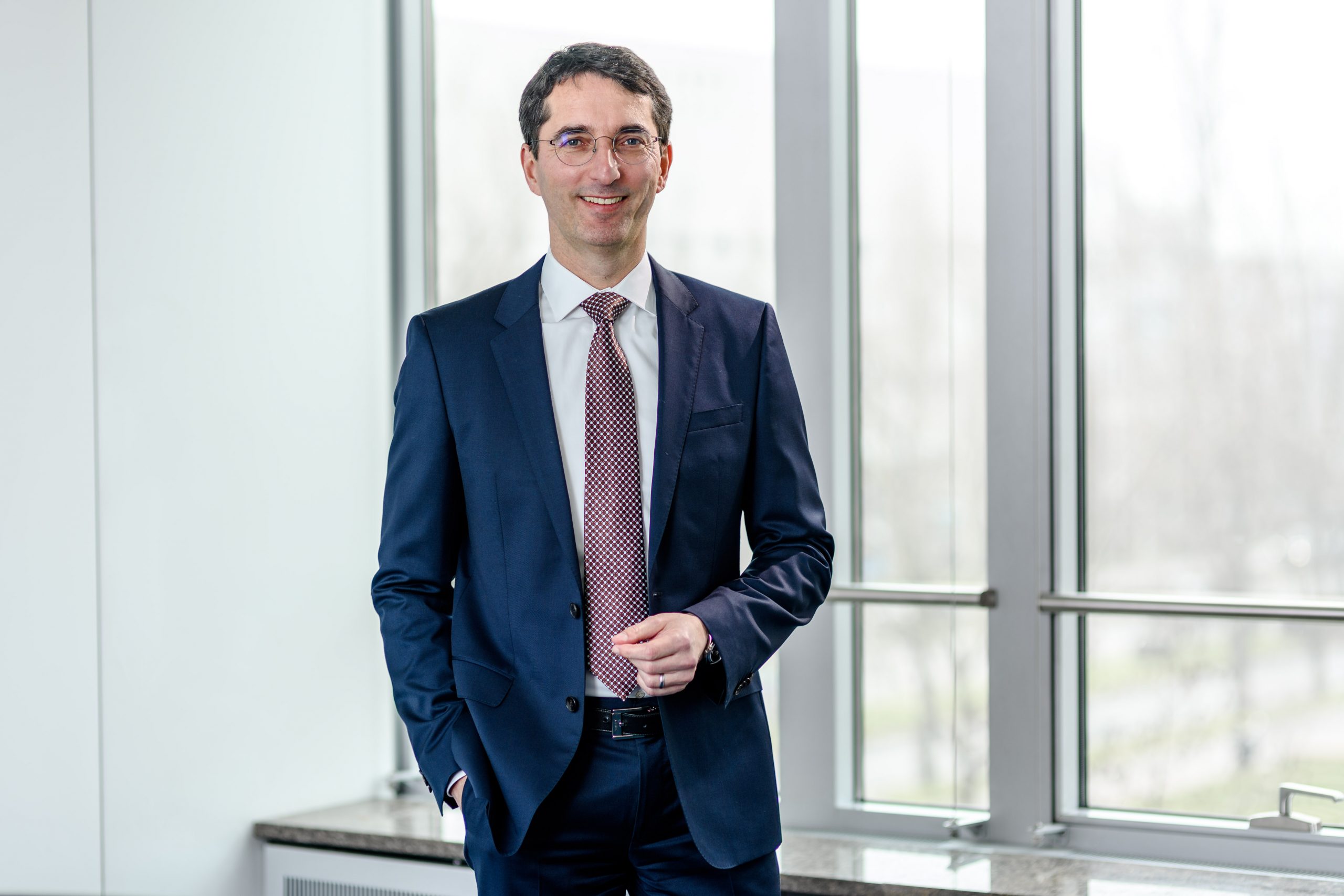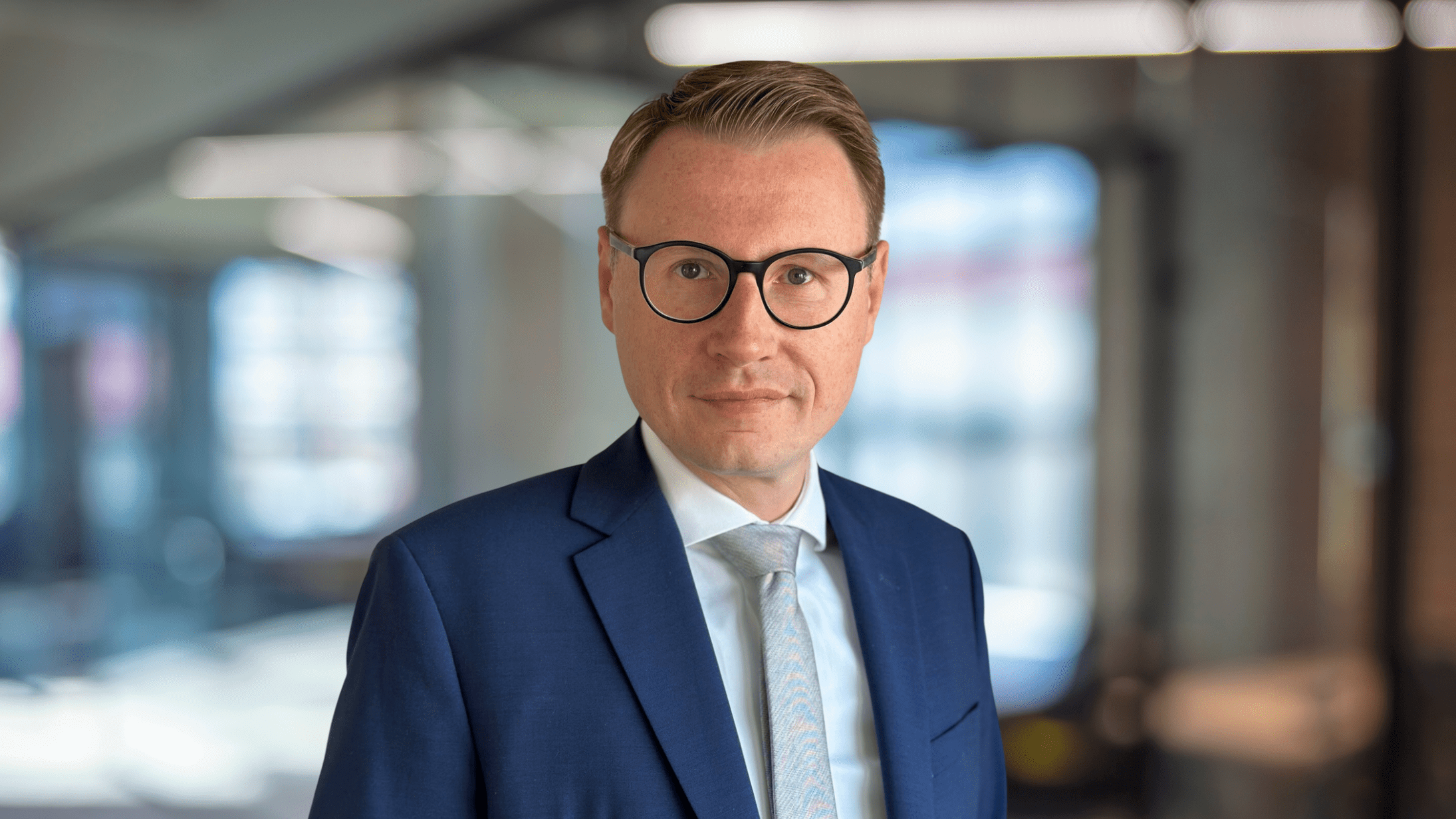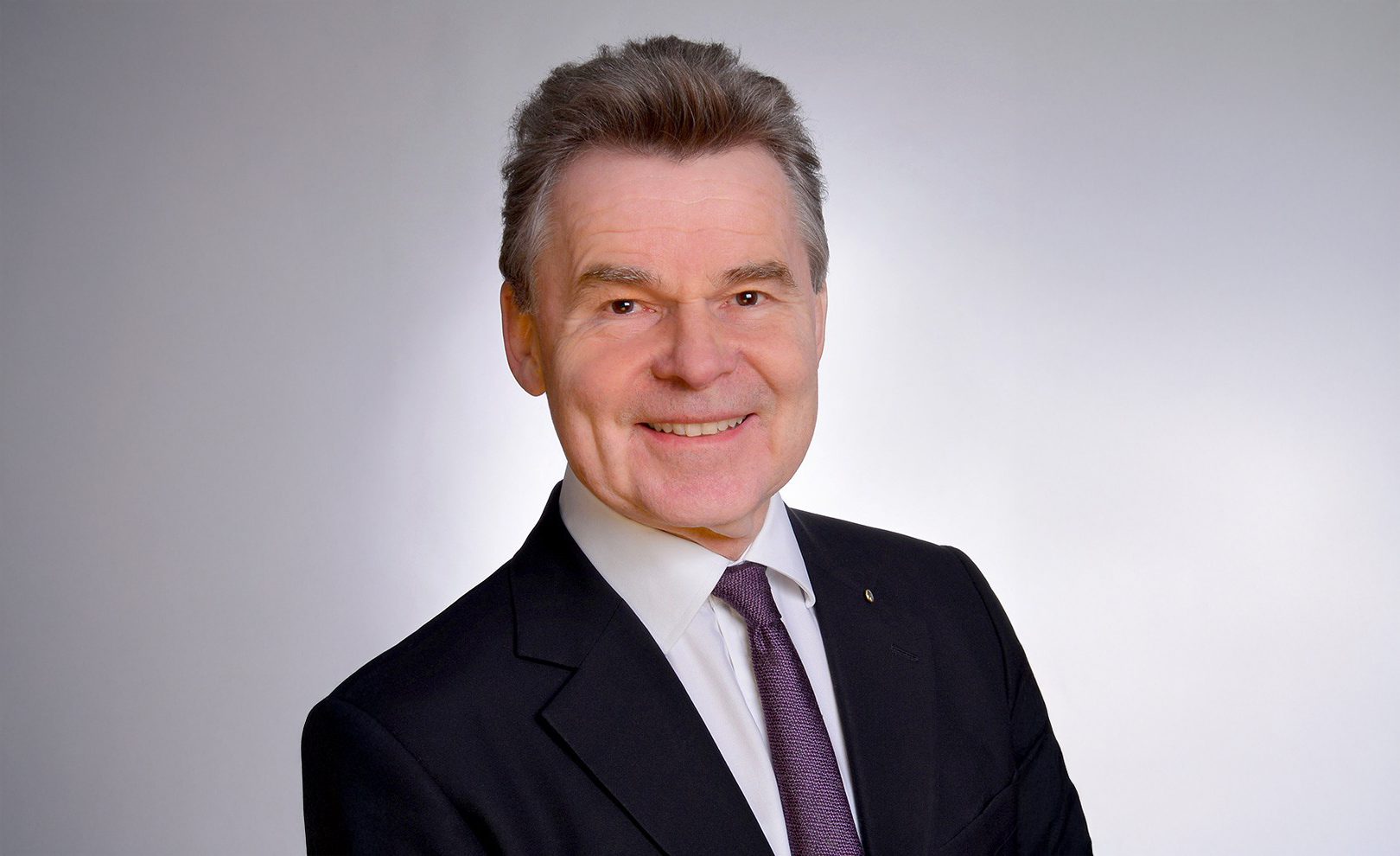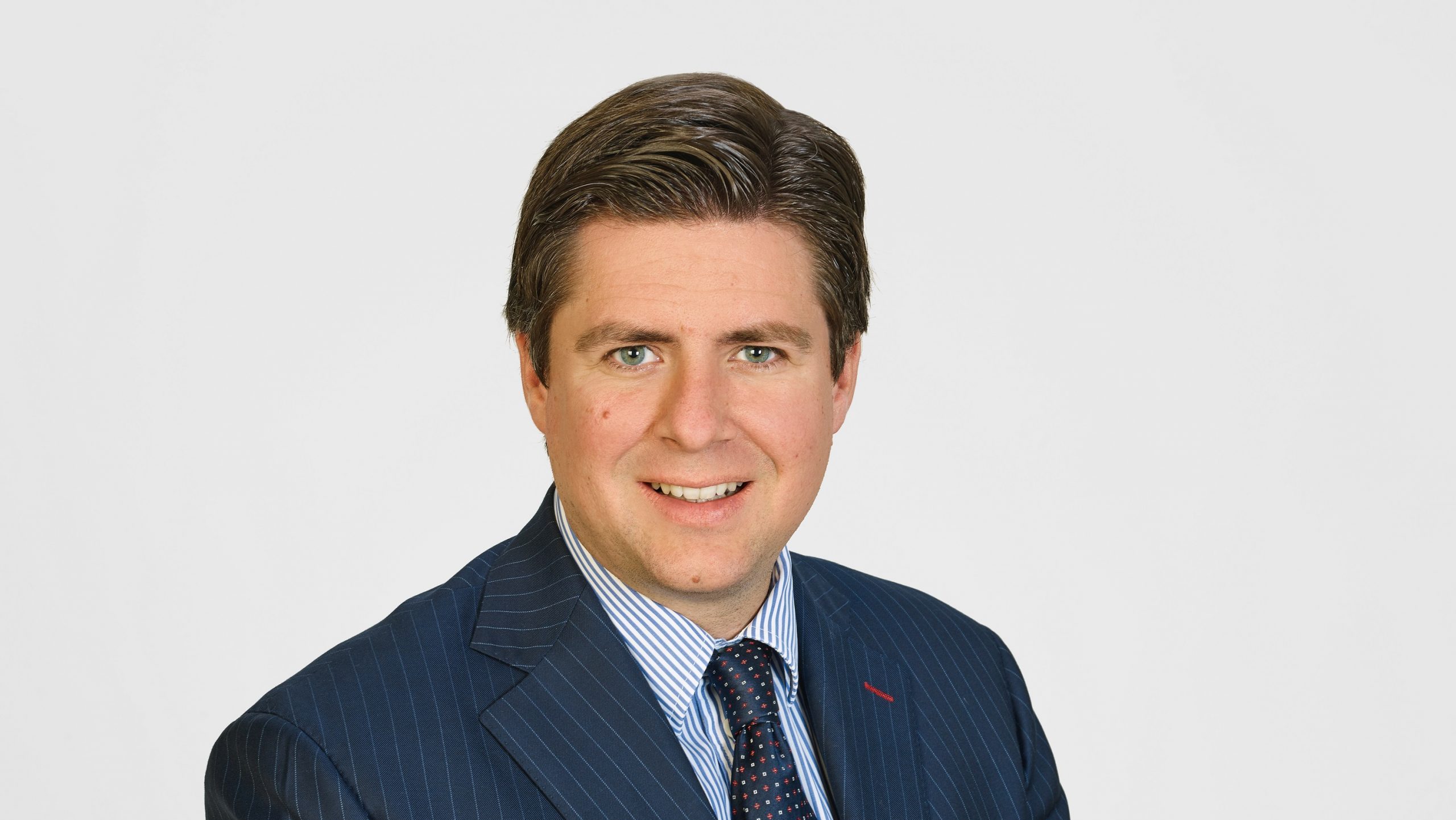Comment by Yama Mahasher, CEO Westbridge Group, at the conclusion of COP30 in Belem
COP30 marks the end of every excuse: sustainability is no longer a moral freestyle, but the new business foundation of our industry. If you don’t transform consistently, you will first lose capital and then the market. In a world where China sets the standards, climate literacy determines the future viability of any portfolio.
COP30 has come to an end. A radical change of course? Nothing. Despite new record levels of greenhouse gas emissions.
Belem shows that global climate policy is more polarized than ever. The USA does not even appear. The gap left by Washington is filled by China – a country that has long recognized that leadership in the global climate regime brings not only moral, but above all industrial and geopolitical advantages. Whoever sets the standards will determine the markets tomorrow.
Nevertheless, what was negotiated in Belem is nothing less than the new business basis of our sector. Anyone who overlooks this will be sidelined in the coming years, not only ecologically, but above all economically.
More than 80 countries are calling for a clear “roadmap” phase-out of fossil fuels. This politically discredits and financially devalues the fossil energy supply. Capital will withdraw from non-decarbonized buildings faster than expected. The time of fossil fuel residual lifetimes is over.
At the same time, the COP30 debate on energy efficiency shows how big the lever really is. If global commitments are kept, almost one degree of global warming could be avoided. Inefficient buildings don’t just cause problems for the climate, they are economic time bombs. Energy efficiency is increasingly becoming a criterion for affordability and value development.
Also new is the clarity with which biodiversity is on the agenda. Nature-based solutions will become a basic component of urban development in the future. Anyone who still believes today that green spaces or infiltration spaces are design extras will have to be taught better in a few years’ time.
With Germany’s accession to the global initiative against climate disinformation, another point has been added: greenwashing will no longer pass as communicative carelessness, but as a reputational and investment risk. Transparency and data quality are becoming hard currency.
After all, the growing importance of climate risks such as flooding, heat or heavy rain is forcing the industry to rethink. These risks have long been priced in actuarially and financially, and they continue to rise. Resilience becomes a question of cost: Will we pay for adaptation today or tomorrow for damage and risk premiums?
COP30 was not just a small side note “in the jungle”. For the real estate industry, it marks the end of every excuse.




